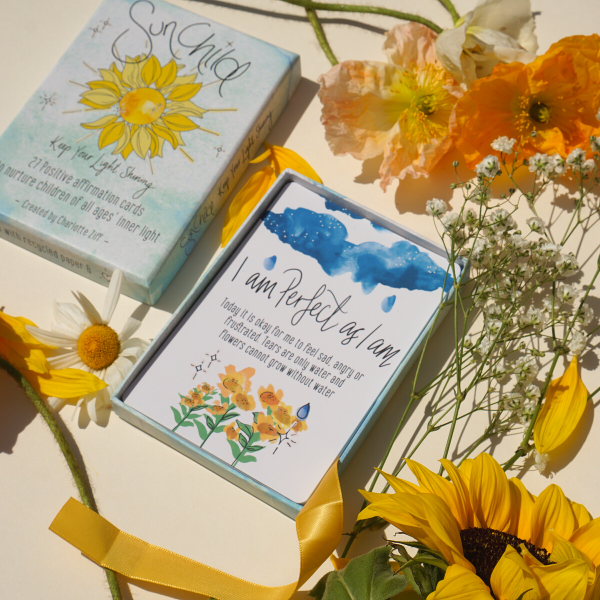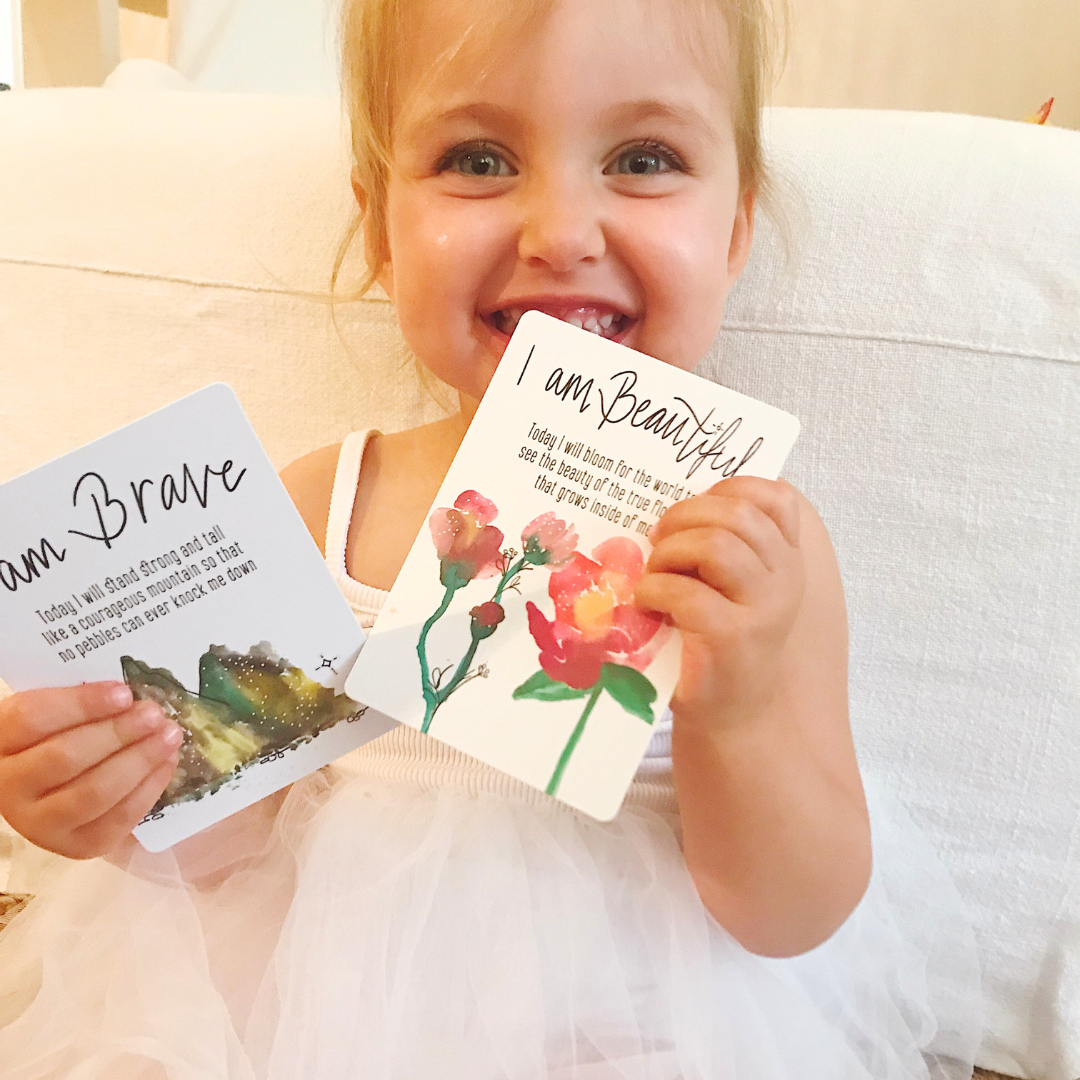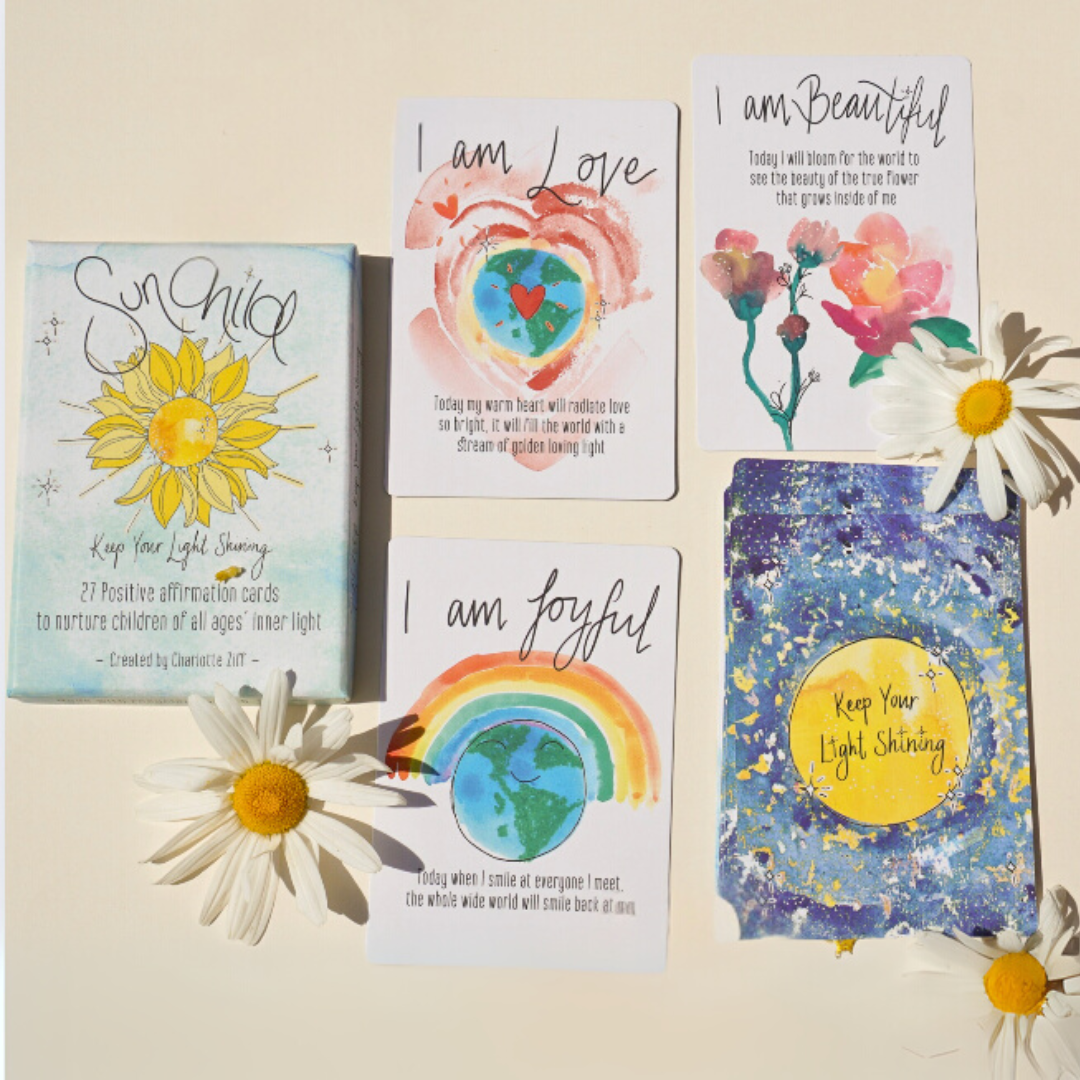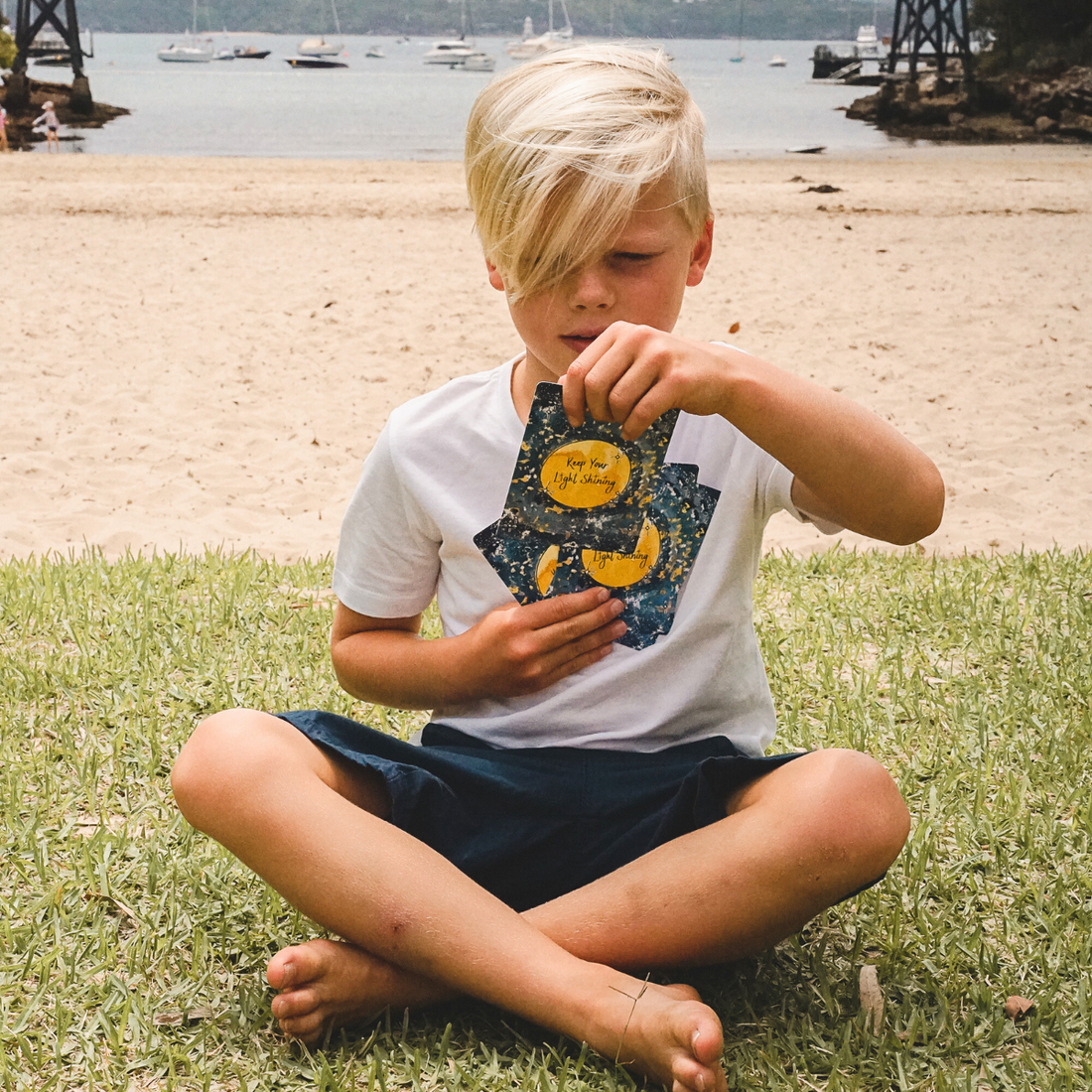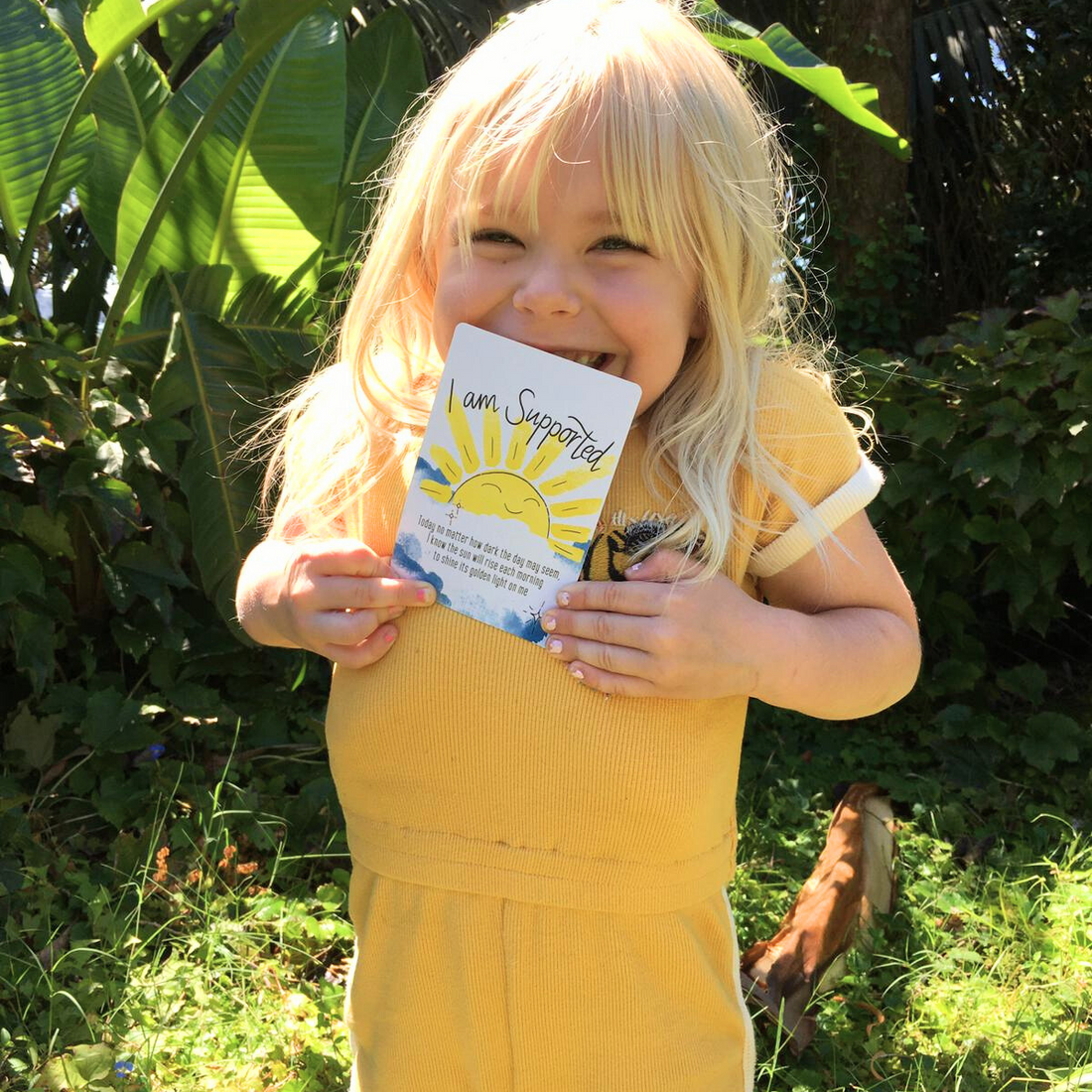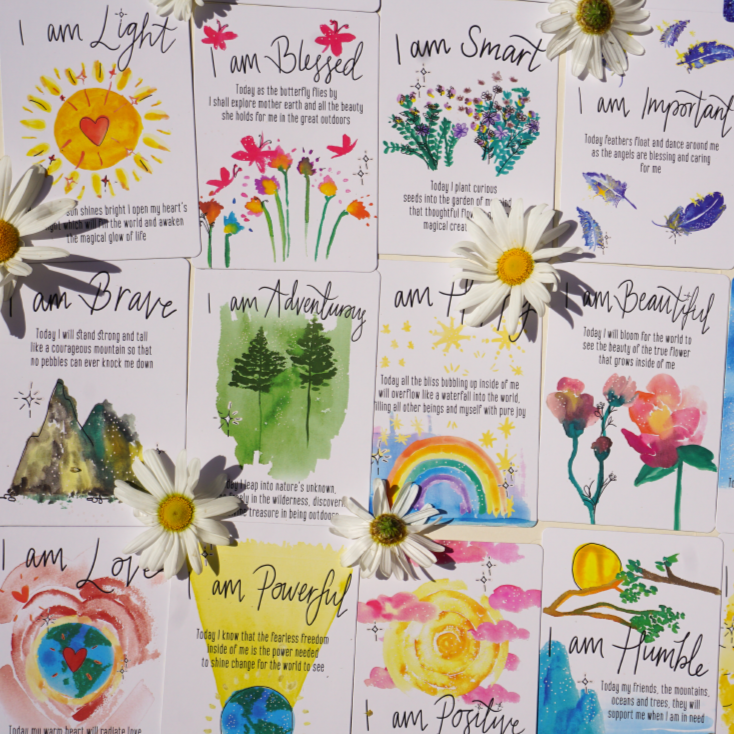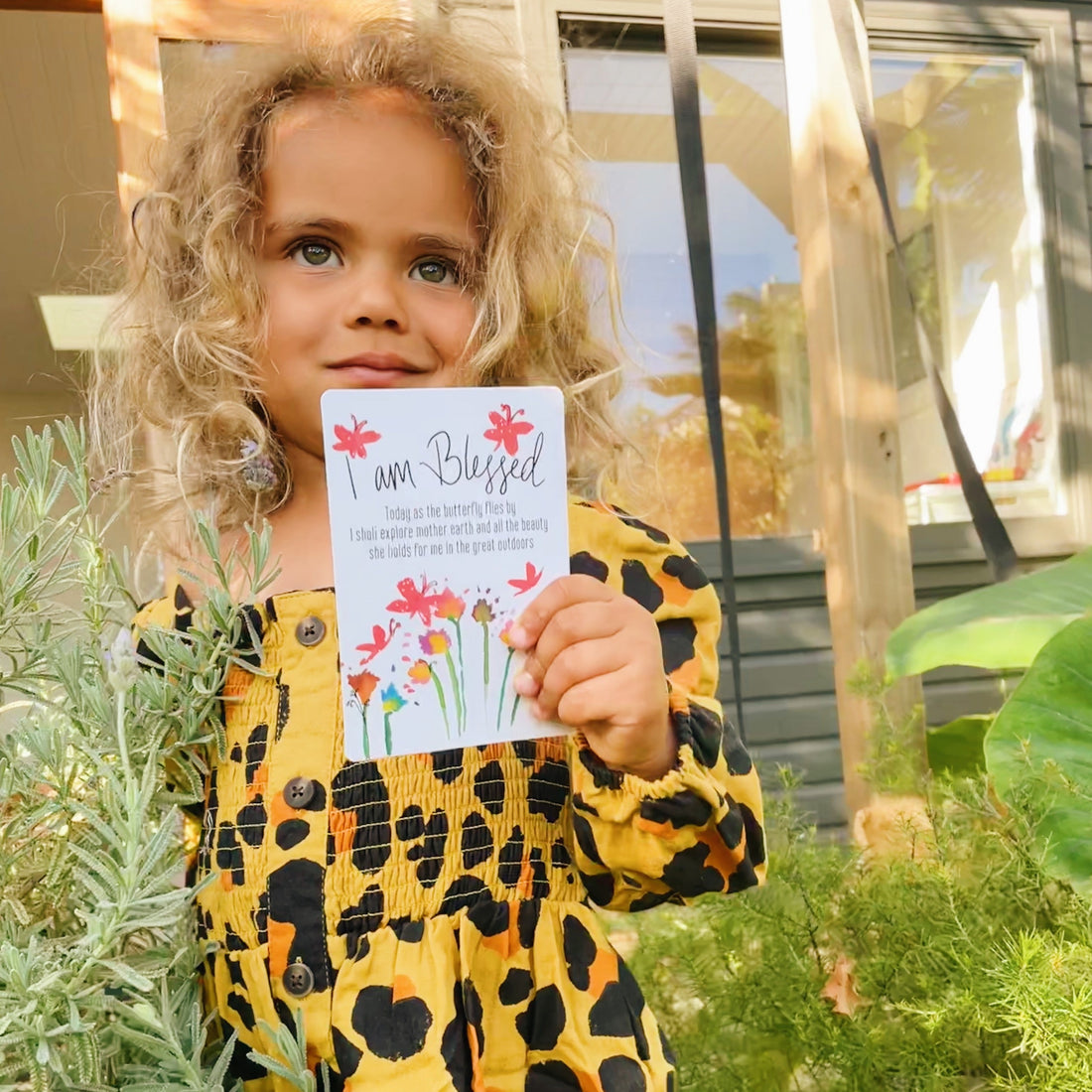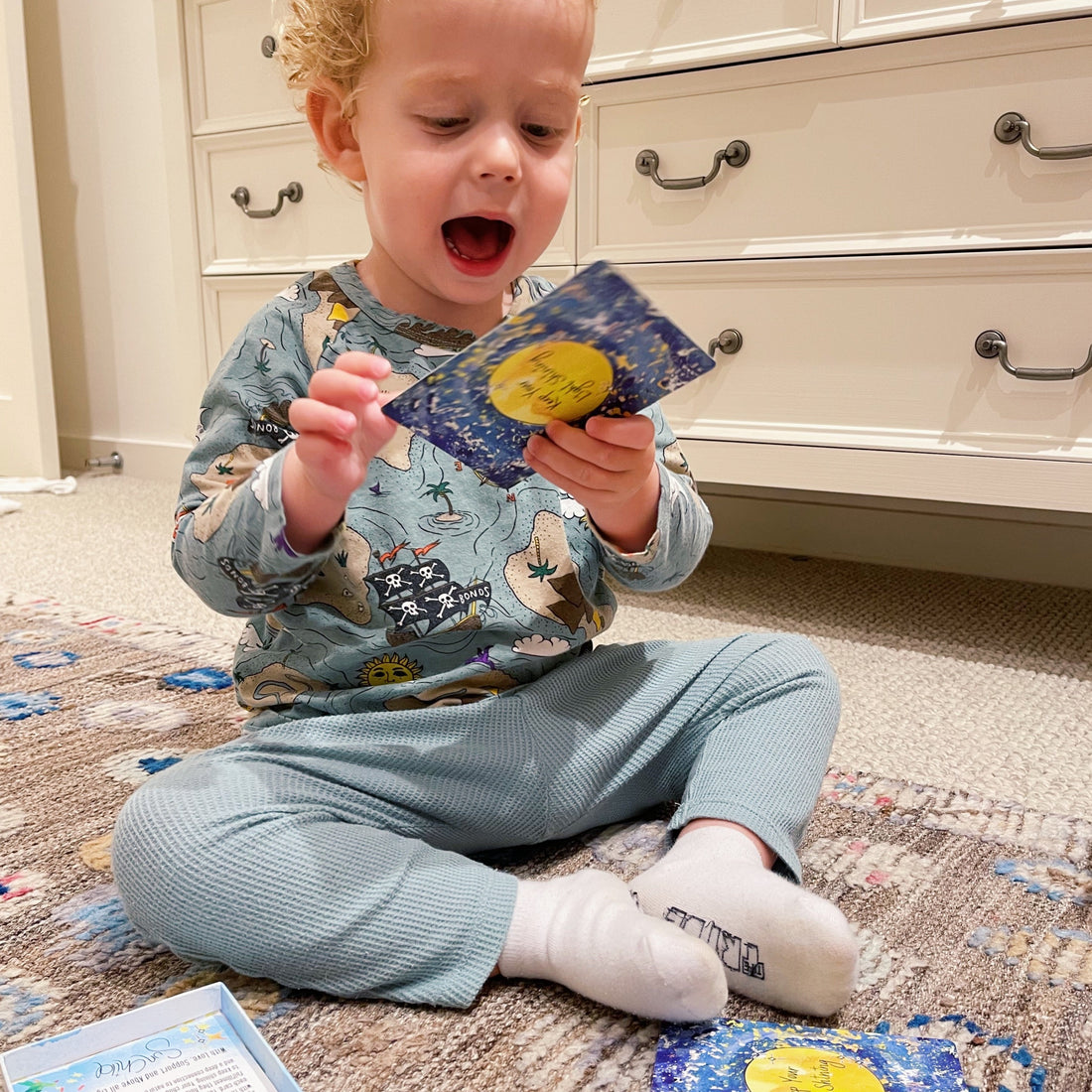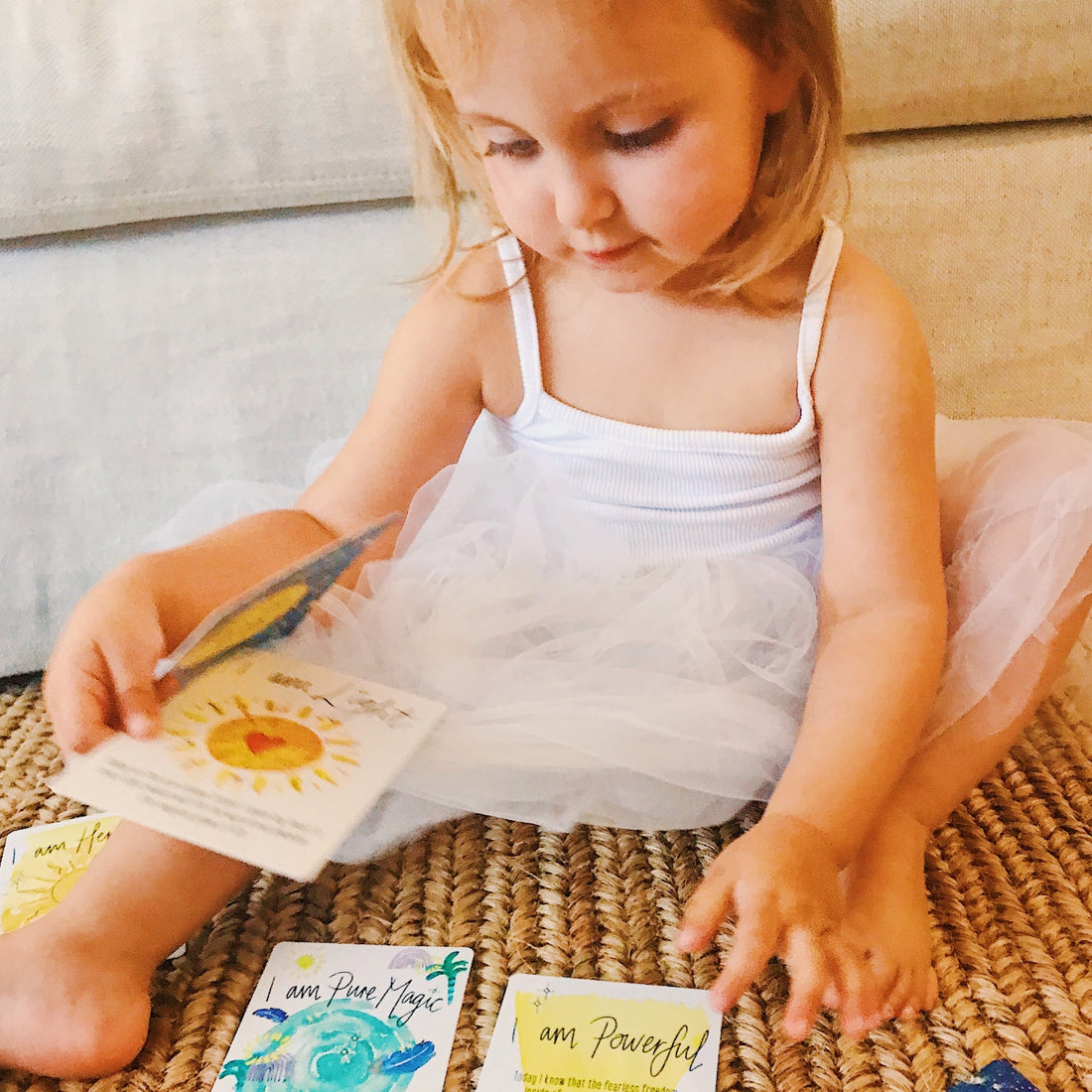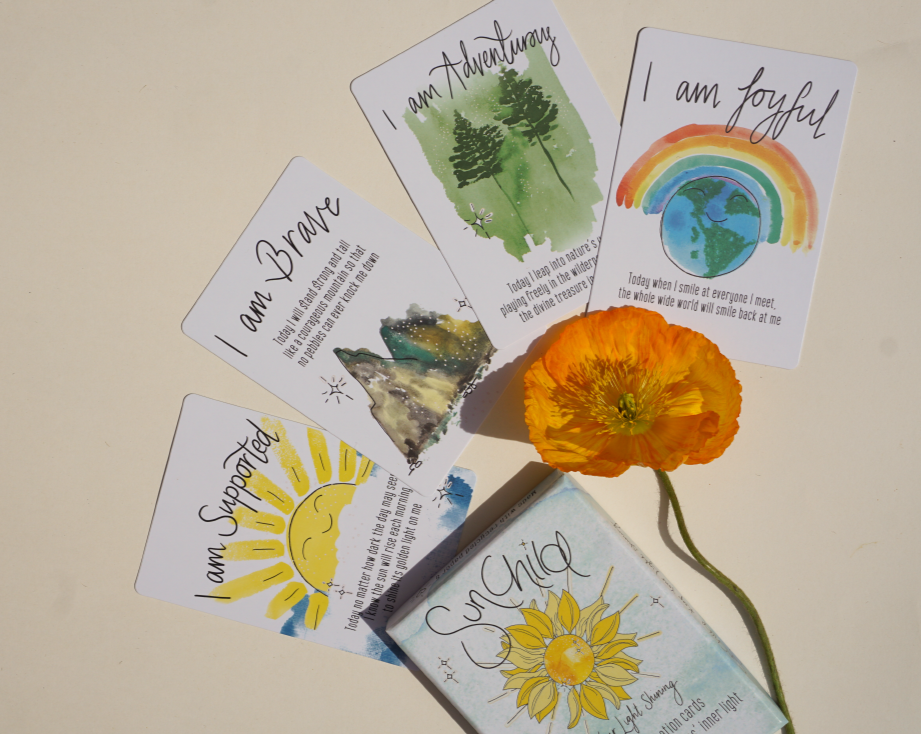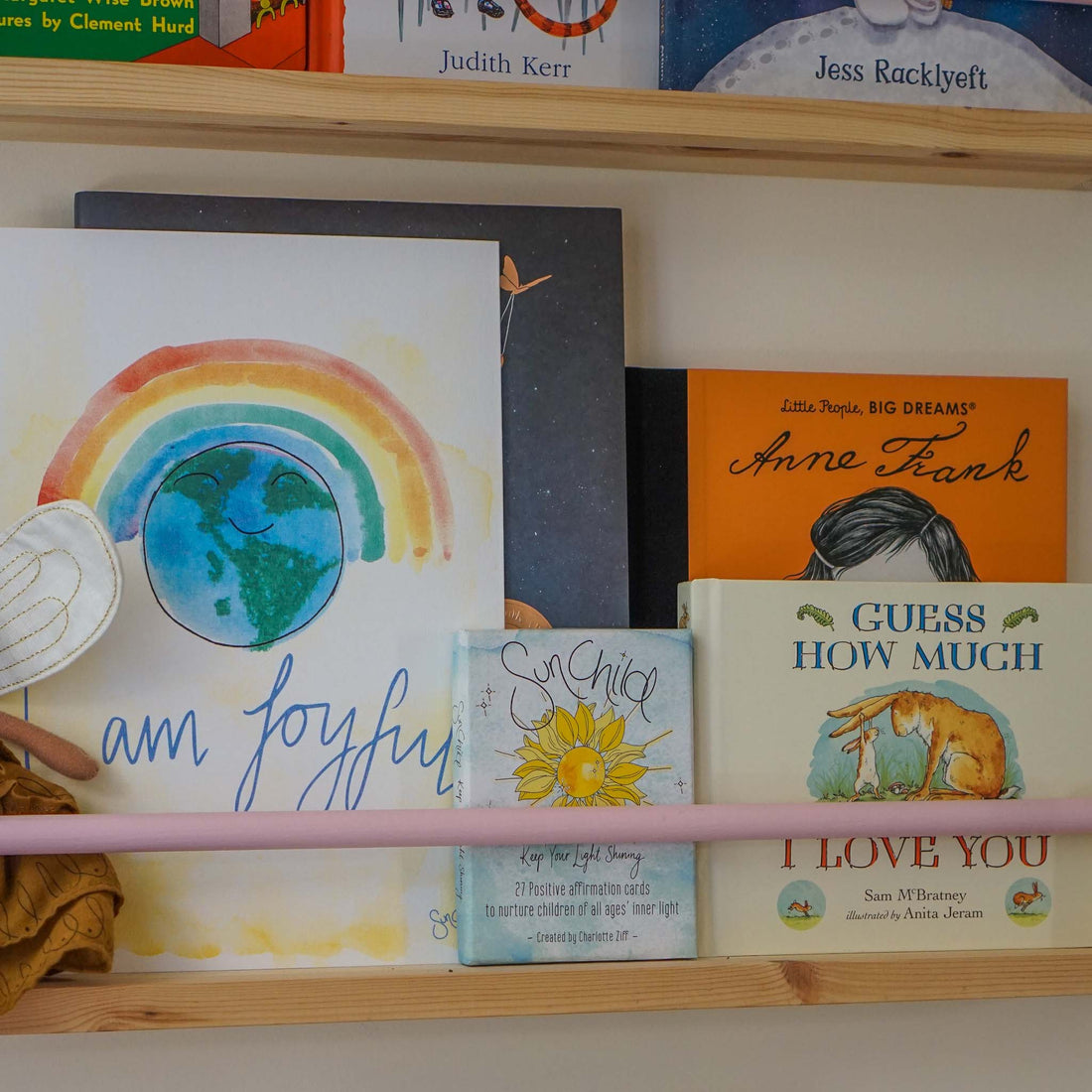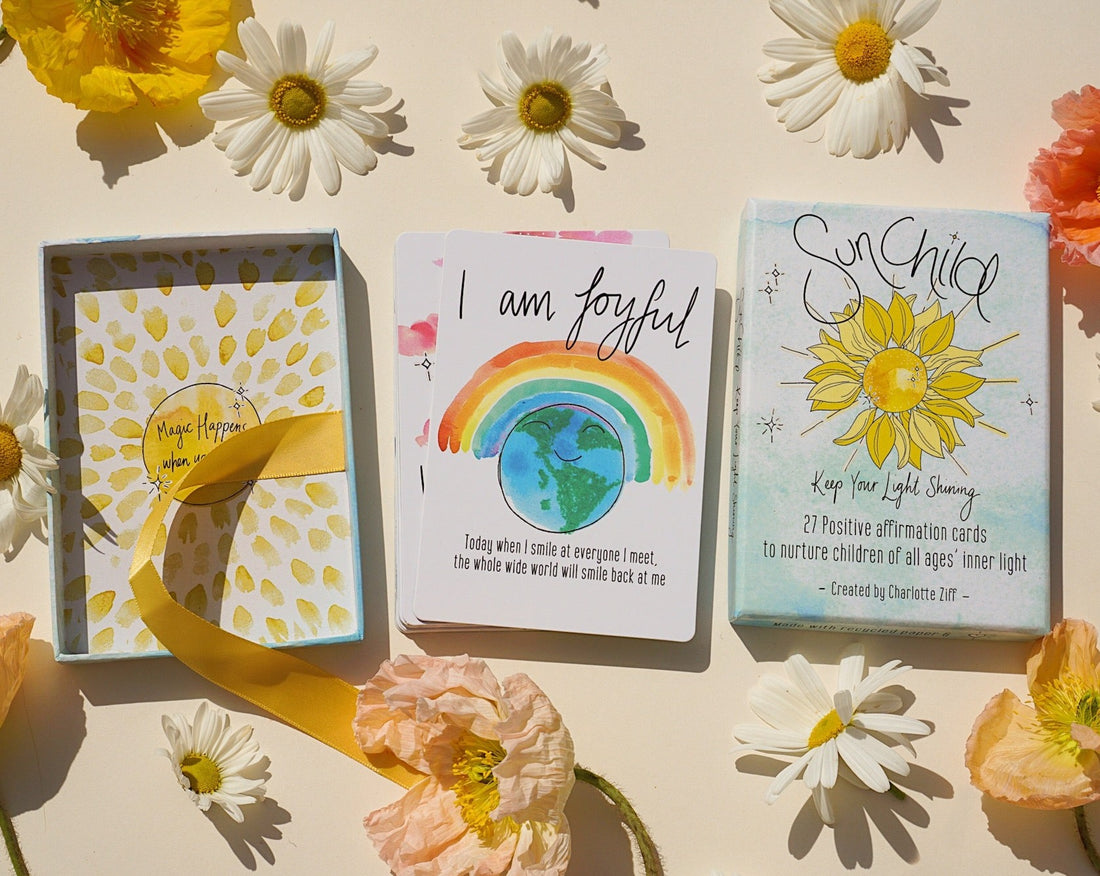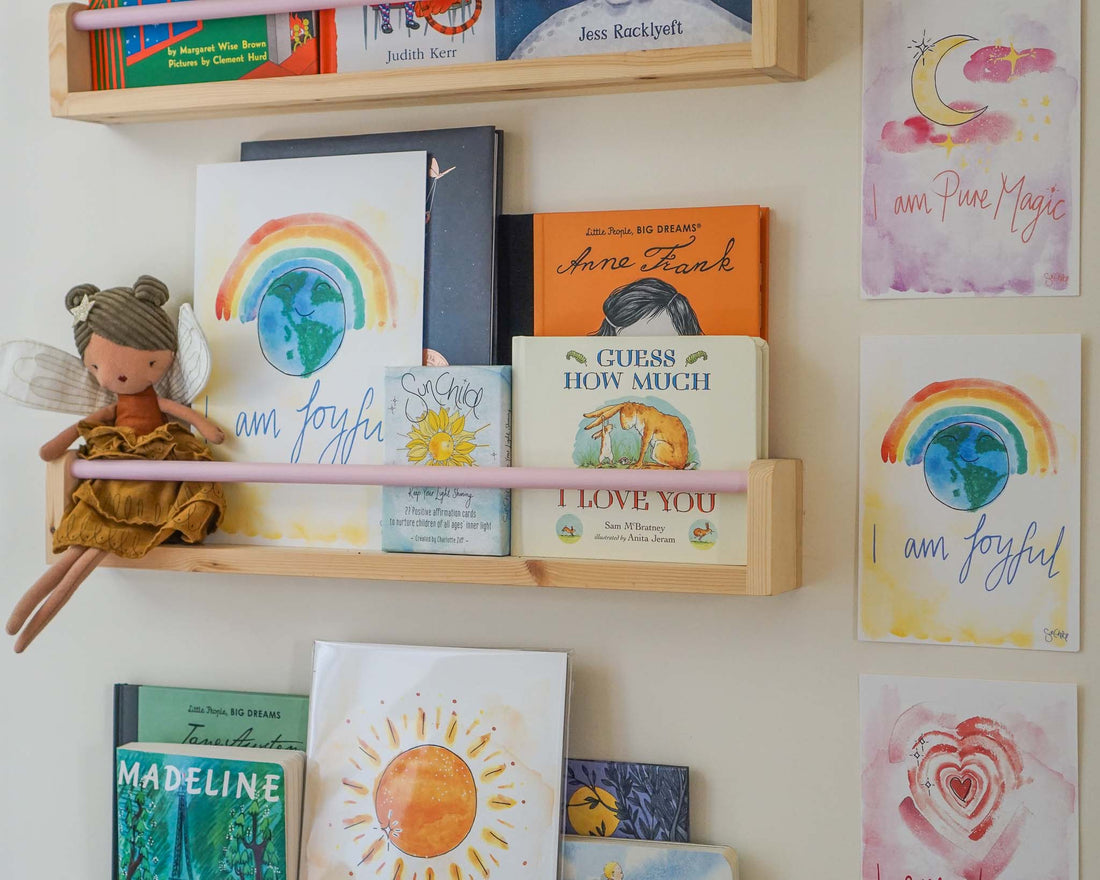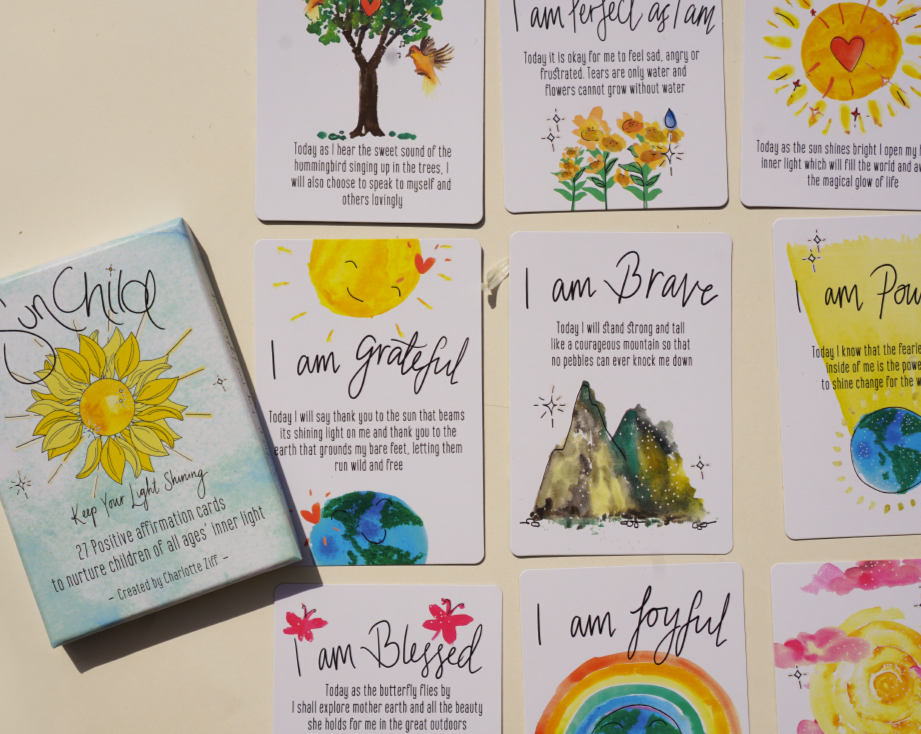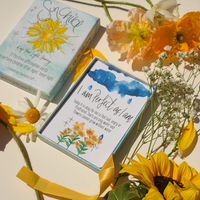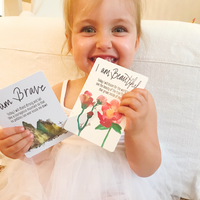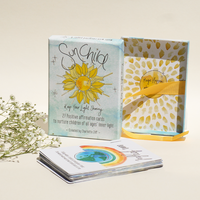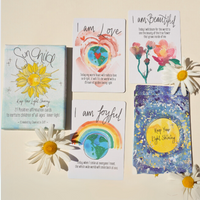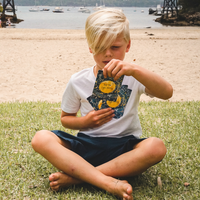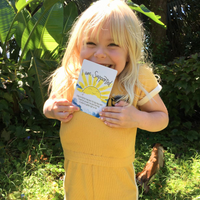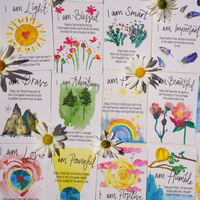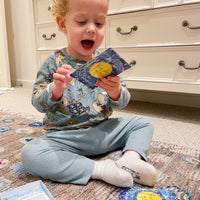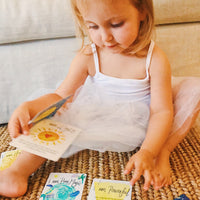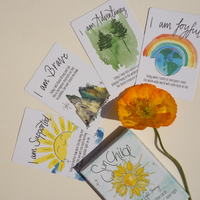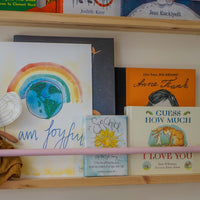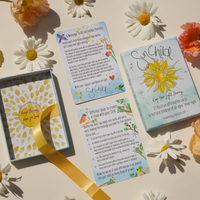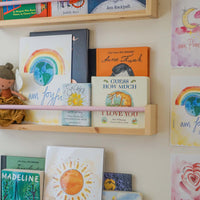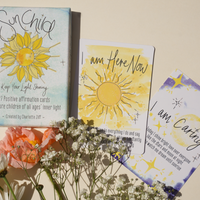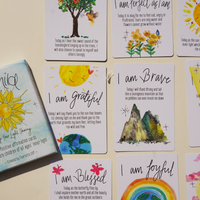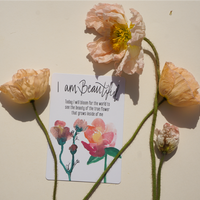
The Importance of Rhythm and Routine in Steiner Education
Steiner education, also known as Waldorf education, priorities the holistic development of children, taking into account their physical, emotional, and spiritual well-being. A key principle of Steiner education is the importance of rhythm and routine in a child's life. Children thrive when they have predictable daily routines that help them feel safe and secure.
Imaginative Play and Nature in Steiner Education
In addition to establishing a rhythm and routine, Steiner education places great emphasis on imaginative play and nature in a child's development. Encouraging imaginative play with handmade toys made of natural materials keeps the life forces in a child alive and allows them to develop wonder in the world. Spending time outside with your child, whether it's in a local park, forest, beach or your own back garden, encourages them to explore and engage with the natural world around them. This is why our SunChild affirmation cards for children places such a huge focus on nature to inspire children to connect to the outdoor world around them.

The Arts and Limiting Screen Time in Steiner Education
The arts are a major focus of Steiner education, as they allow children to express themselves creatively and develop their cognitive and emotional skills. This means incorporating music, painting, drawing, and other forms of creative expression into your child's daily routine. Limiting screen time is another important principle of Steiner education, especially in the early years. This means setting boundaries around screen time and prioritising other forms of play and learning to foster your child's unique expression.
Using Natural Materials and Reading Aloud in Steiner Education
Using natural materials in learning and play is also emphasised in Steiner education. This means using wooden toys, natural fibers, and other materials that are found in nature. Reading aloud to your child is a great way to introduce them to the power of language and storytelling. Steiner education places a lot of importance on storytelling and the spoken word. You can read fairy tales, fables, and other stories that emphasise moral and ethical values, like our SunChild affirmation cards or simply read books that your child enjoys in the home.

Engaging in Meaningful Work in Steiner Education
Finally, Steiner education emphasises the importance of engaging in meaningful work that is age-appropriate and purposeful. This can include household chores such as cooking, cleaning, and gardening. Involve your child in these activities, and allow them to take ownership of their work. This will help them develop a sense of responsibility and pride for their contribution.

Having trained myself in Steiner education, it’s teachings are a huge inspiration behind our Sunchild affirmation cards and their continued references to nature for a child as a way they see themselves in the world.
Incorporating Steiner education into the home enviroment can be a great way to support your child's holistic development. By creating a daily rhythm, emphasizing the arts, limiting screen time, using natural materials, and reading aloud to your child, you can create a home environment that supports your child's growth and development.

The goal of Steiner education is to help children develop a deep connection to themselves, to others, and to the natural world. By incorporating these principles into your home environment, you can help your child develop a strong foundation for lifelong learning, connection, and being secure within themselves as they grow.
Keep Your Light Shining,
Charlotte x

